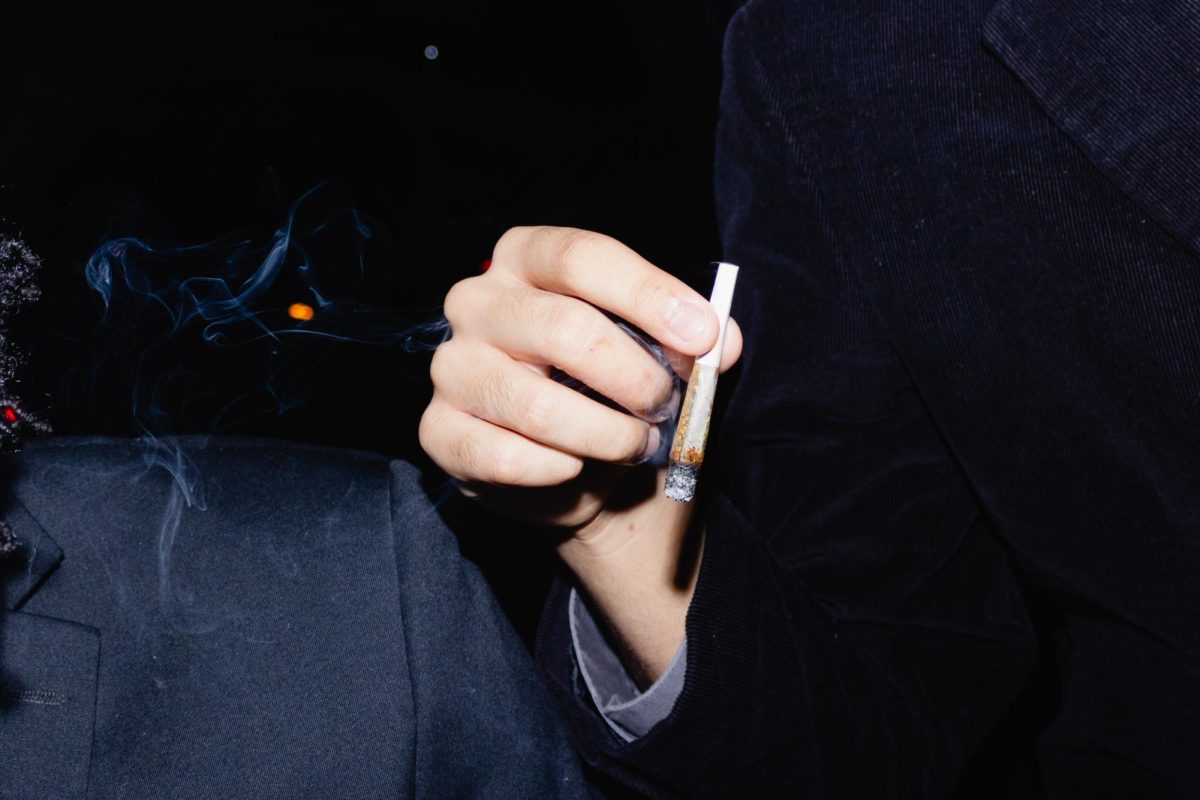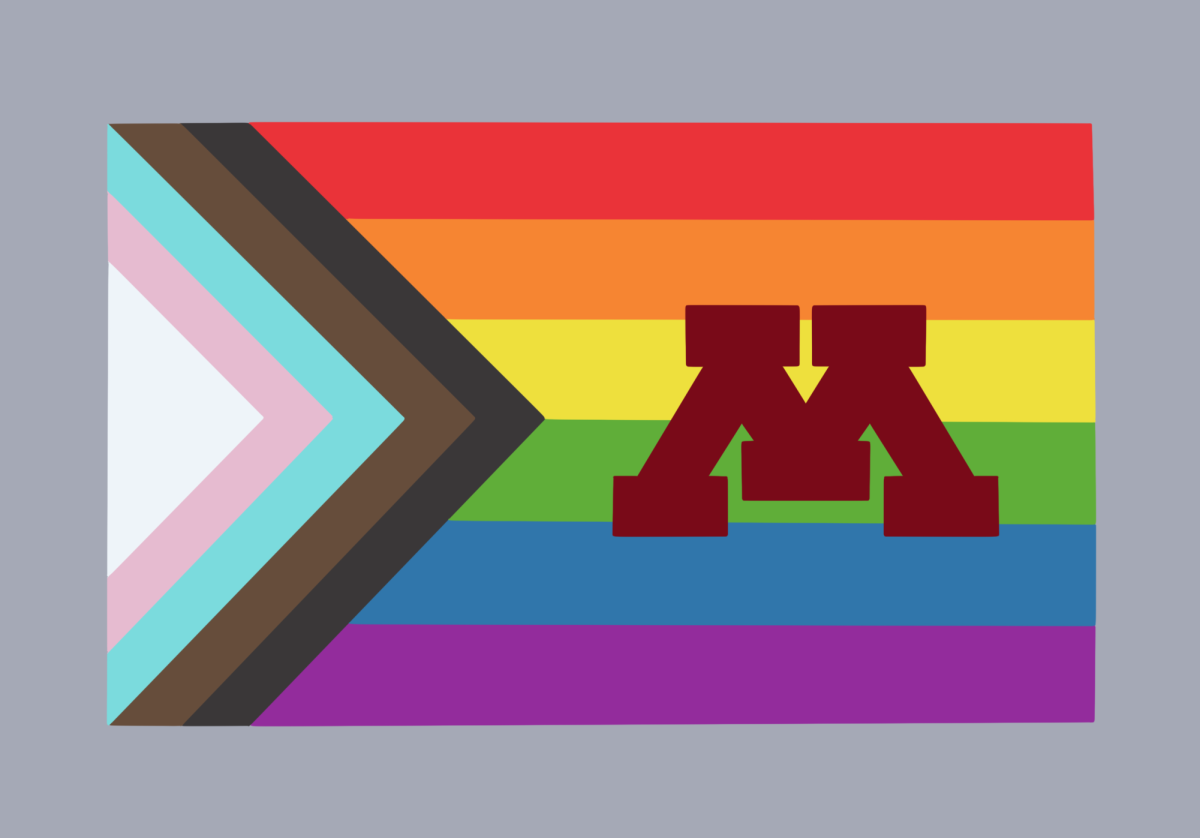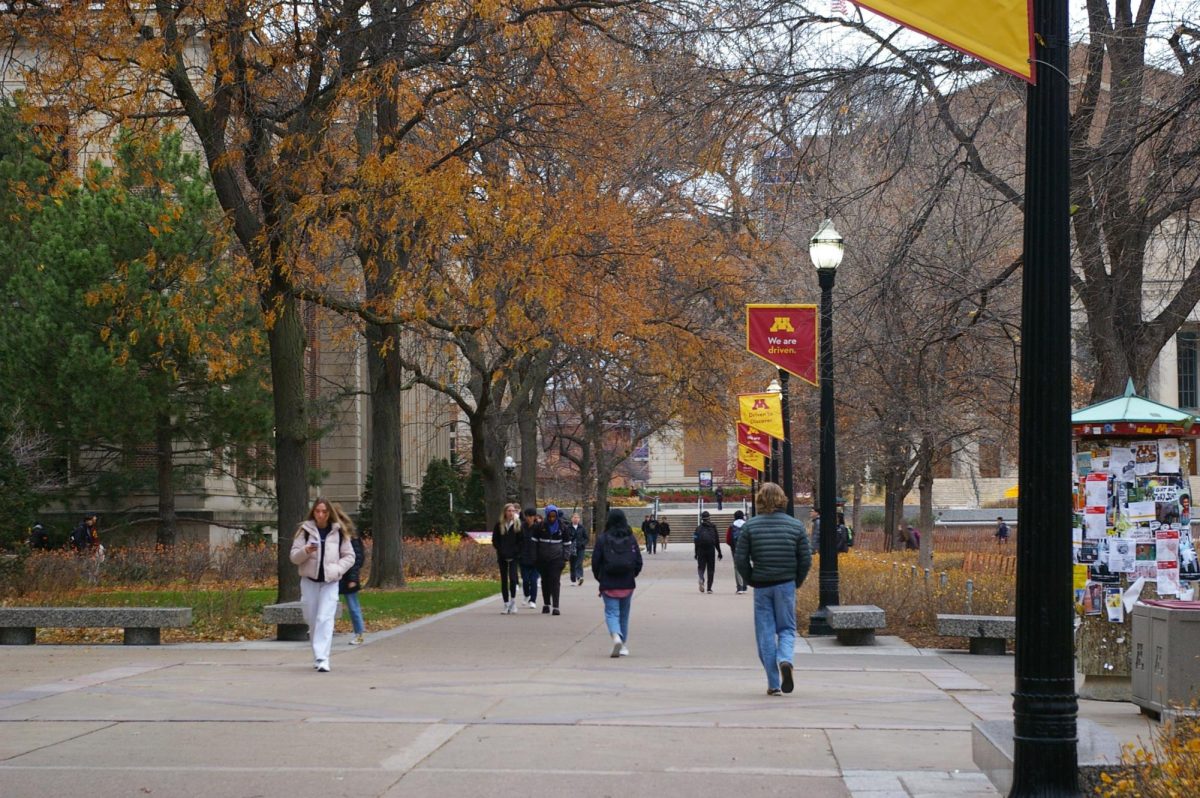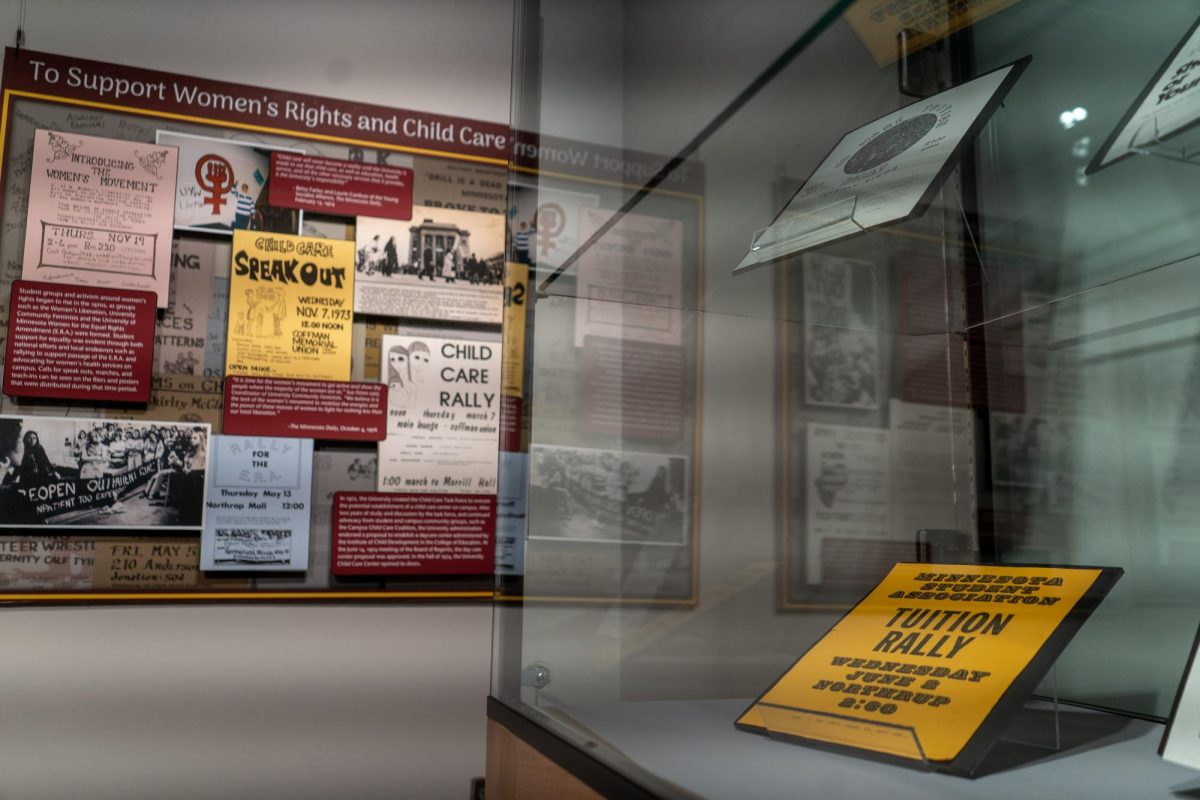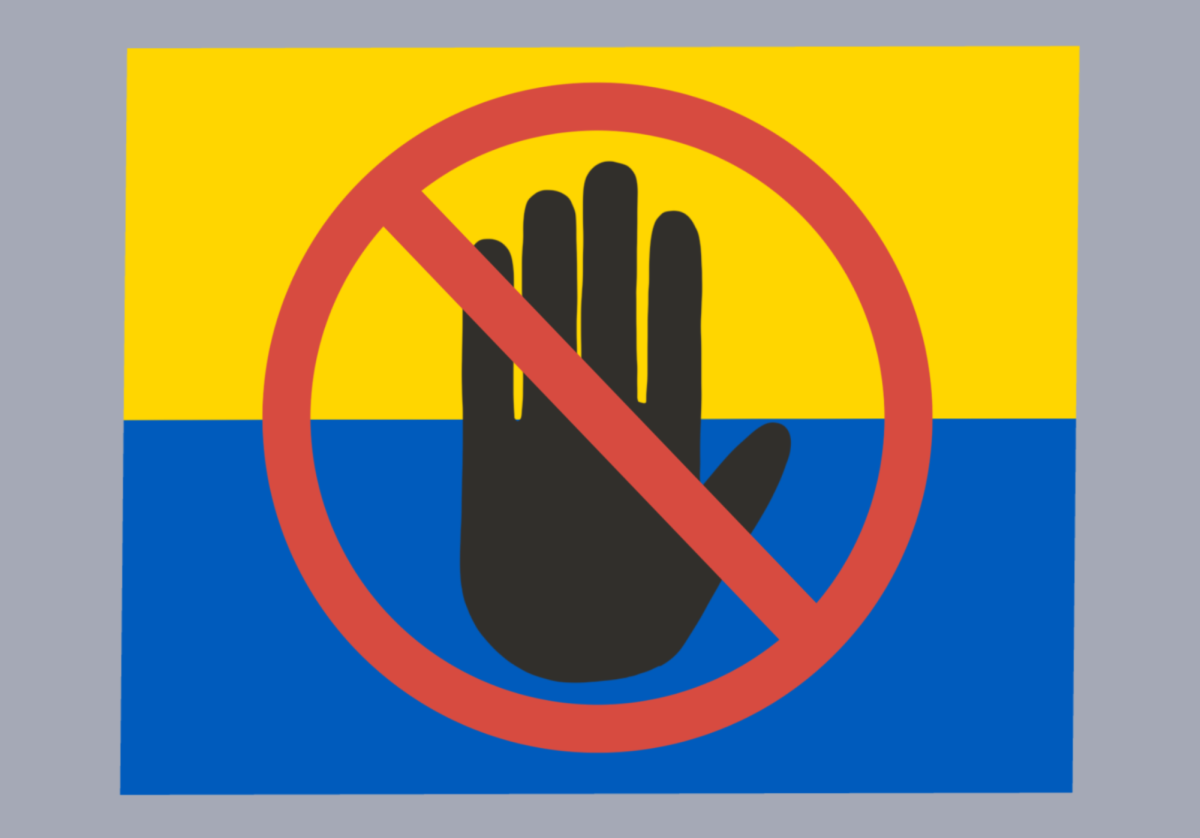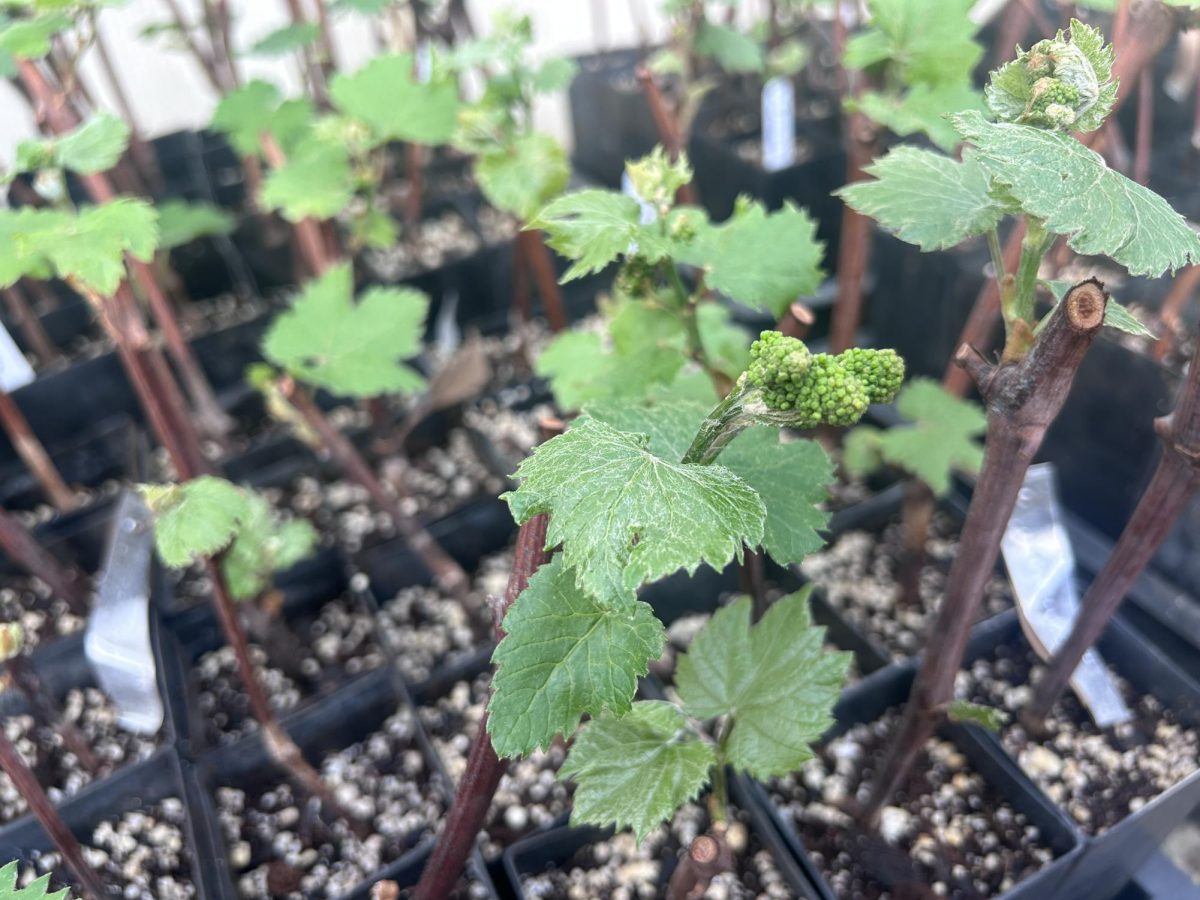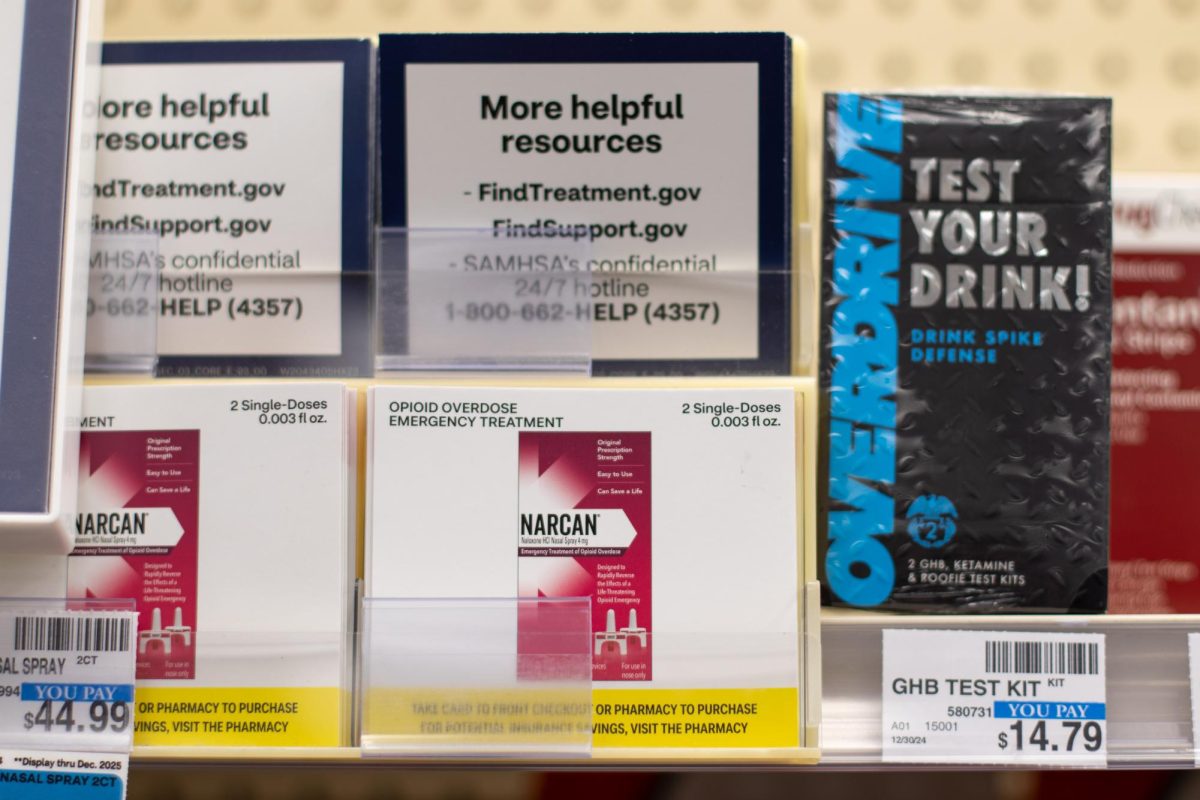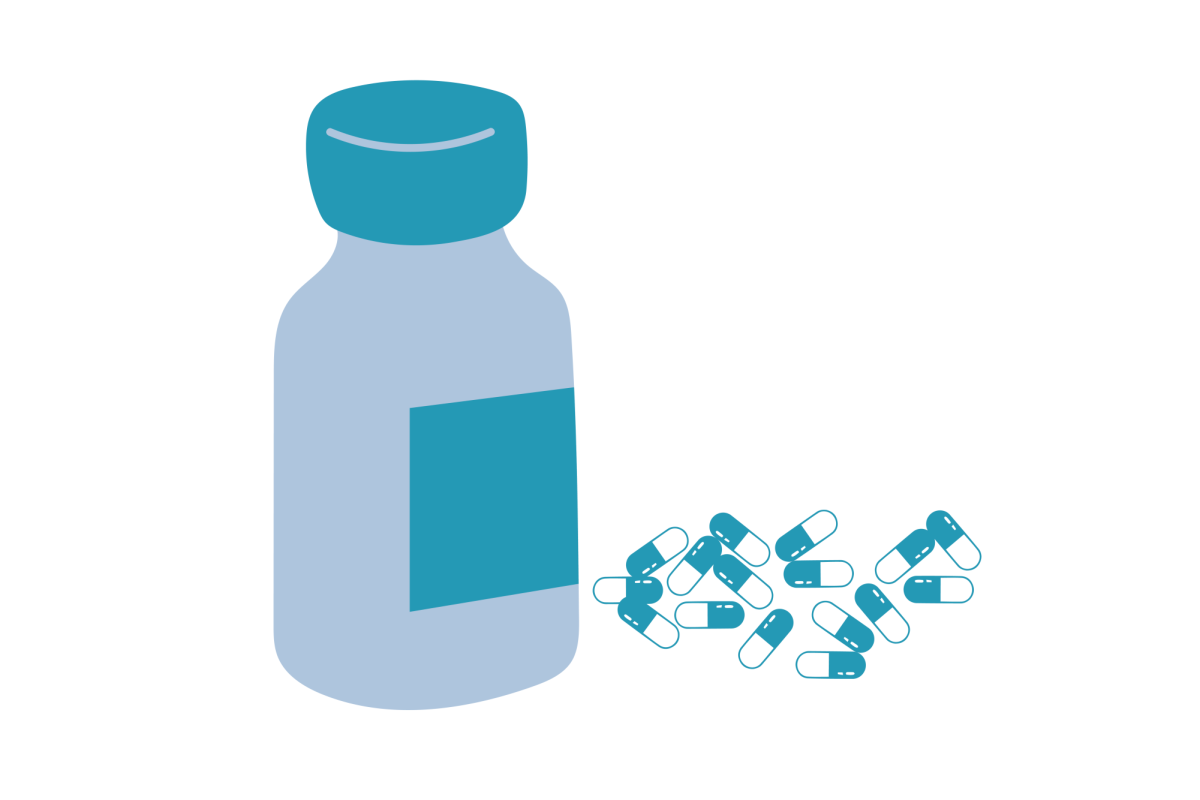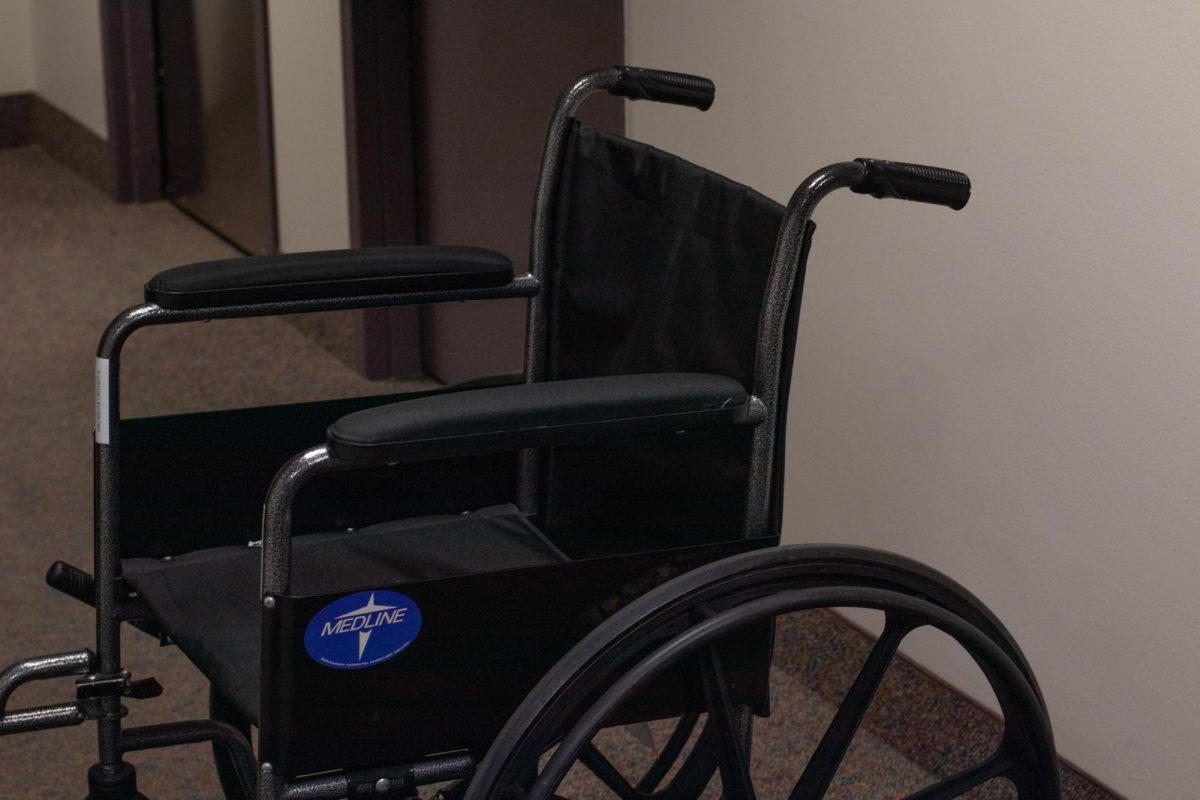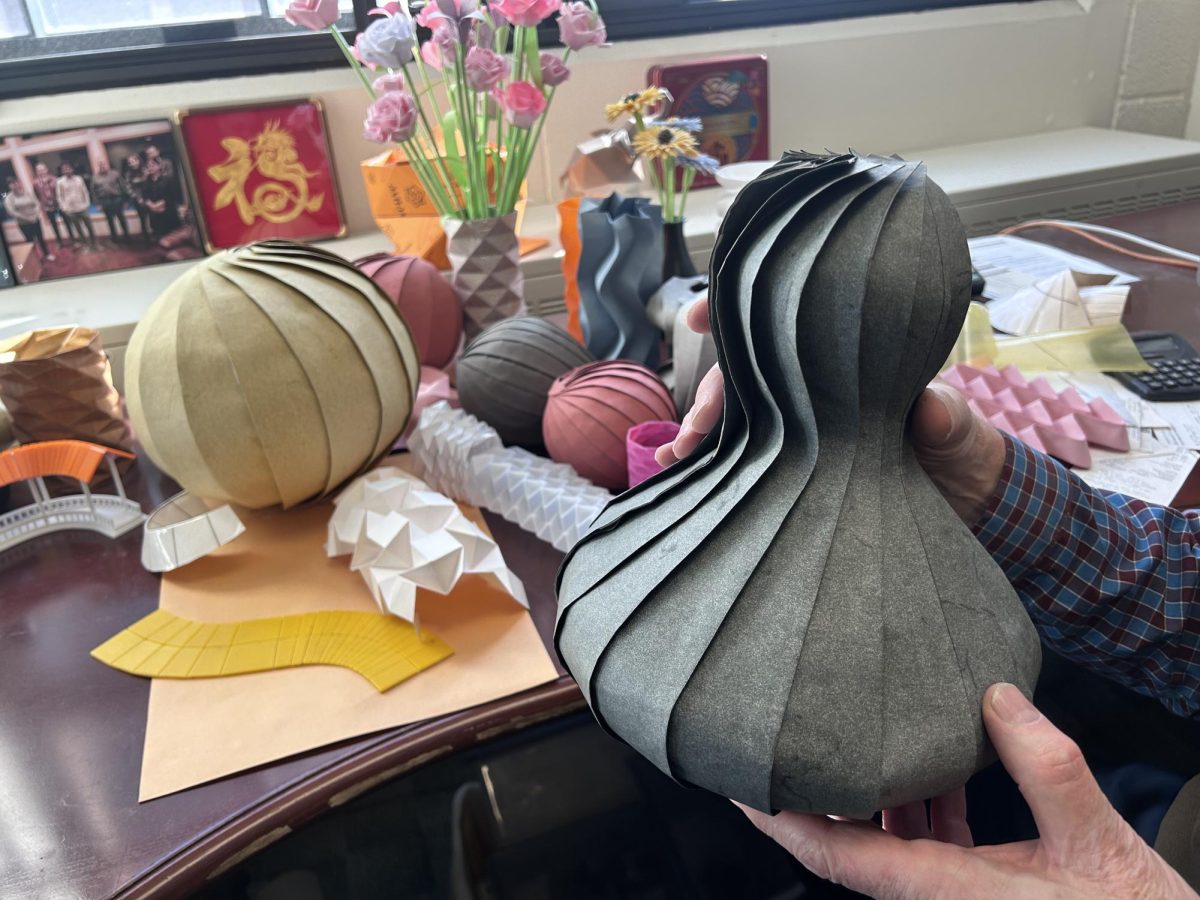A study from the University of Minnesota School of Public Health conducted in 2023 found that retailers selling THC products often failed to comply with age restrictions for selling those products.
The study found that 56% of all stores failed to verify the age of a customer when they purchased a THC product. According to state law, you cannot purchase THC products if you are 21 or younger in Minnesota.
Eileen Delehanty, a graduate student in the SPH, said the study was part of her doctoral research.
The study focused on the sale of hemp-derived THC products, which are products with low THC levels and are not listed as a controlled substance by the U.S. government, Delehanty said. Examples of hemp-derived products include Delta 8 and Delta 9 strains of THC, commonly used in gummies and beverages.
For the study, Delehanty used actors over the age of 21 who looked younger and were sent to purchase THC products at a variety of stores. If the customers were asked to show their ID, they were instructed to say they had left it in their car.
A panel evaluated the actors based on their physical appearance and acted out an exchange with another actor playing a cashier, Delehanty said. If the panel found they convincingly passed as younger than 21, they were cast for the study.
Delehanty said they conducted the study at stores in one city, which remained unnamed. They went to different kinds of stores, such as grocery stores or convenience stores, that sell non-age-restricted products in addition to stores that sell age-restricted products, like liquor stores, hemp-derived THC dispensaries and tobacco shops.
Stores that sold age-restricted products sold THC products to pseudo-underaged customers 57% of the time, Delehanty said. Stores that sold non-age-restricted products sold THC products to 54% of pseudo-underaged customers.
Delehanty said it is important that people under 21 do not have access to cannabis products because those products could potentially interfere with brain development, especially as the brain stops developing at 25.
“It can also potentially increase the risk of developing a cannabis use disorder or psychosis and memory problems,” Delehanty said. “Those are pretty well established in literature and part of the reason that, here in Minnesota, we decided that you can’t sell cannabis to somebody under 21.”
Delehanty said that before this study, there was limited information on underage people accessing hemp-derived THC products, but similar studies have been conducted for alcohol sales.
Traci Toomey, a professor of epidemiology in the SPH and director of the Cannabis Research Center, said studies about selling products like alcohol and tobacco to underage customers informed policies and interventions to prevent illegal sales from happening.
The studies on alcohol sales were structured similarly to Delehanty’s study about hemp-derived THC products, as of-age actors who looked younger than 21 went to stores selling alcohol and attempted to purchase alcohol without presenting an ID, Toomey said.
At the time of those studies, between 50% and 100% of the time, young people were able to purchase alcohol without an ID, Toomey said.
Implementing compliance checks from law enforcement for retailers selling hemp-derived THC products could be a way to prevent people under 21 from having access to these products, Delehanty said.
Compliance checks are already beginning in Minnesota, as state law requires at least one compliance check from law enforcement a year. As the study was conducted in 2023, before the compliance checks requirement was put in place, it is still unclear whether those will make a difference in sales of hemp-derived THC products to underage people.
Compliance checks consist of law enforcement sending in a real underage person under their supervision to attempt to purchase a product. If a legal sale is made, the seller or license holder is held accountable through penalties.
Toomey said compliance checks have decreased the likelihood of sales to underage people.
Studies in Colorado and California, where cannabis has been legal for some time, have been conducted on underage people’s access to non-hemp-derived products, Delehanty said.
“In California, not a single buyer was even able to get into the dispensary, and in Colorado, only one buyer was able to get into the store,” Delehanty said. “So we see a big difference in what we saw here in Minnesota.”
Delehanty said the studies conducted in Colorado and California were for licensed cannabis dispensaries, which differ from the University’s study because Minnesota does not have licensed dispensaries as of April 2025.
“Licensed dispensaries have a lot more rules and regulations around sales, so they limit the type of stores that can sell cannabis,” Delehanty said. “Here in Minnesota, we don’t have that yet.”
Delehanty said when dispensaries start popping up in Minnesota, regulations will likely start to look different, but hemp products are still regulated differently because of their descheduling at the federal level.


